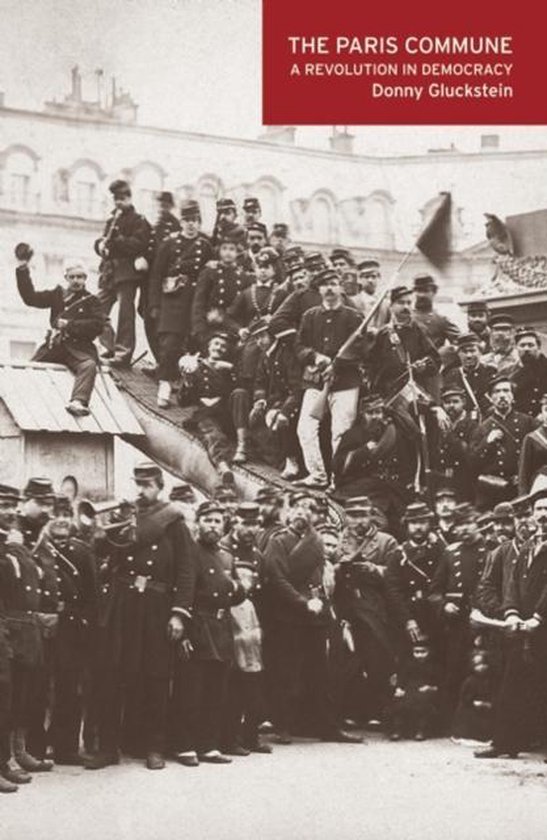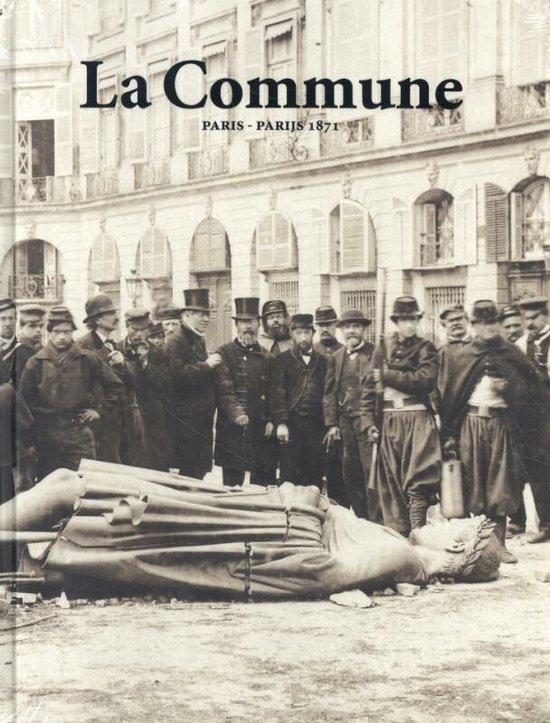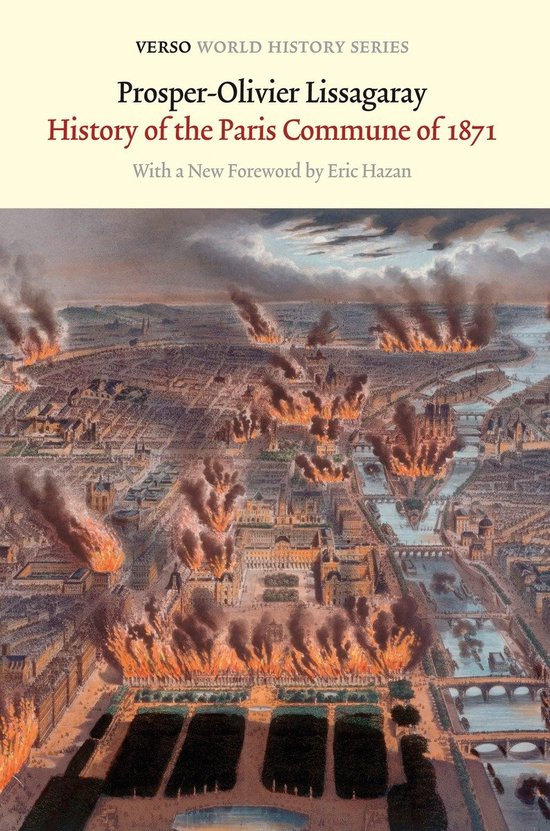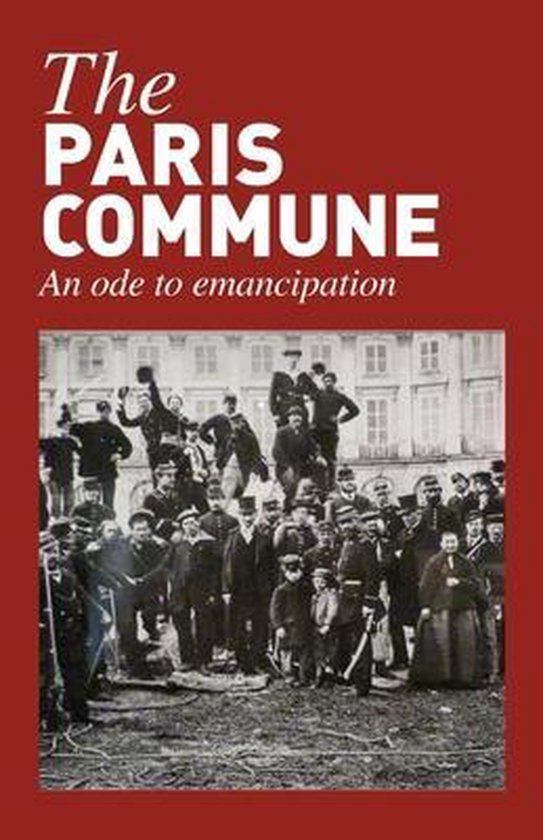
The Paris Commune
This comprehensive historybased in primary source accountsof worker’s control in Paris considers historic and contemporary debates on the Commune's legacy
In 1871, the workers of Paris took control of the city. When they established the world's first workers' democracy, they found no blueprints or precedents for how to run their city without princes or politicians. As they built new institutions of collective power to overturn social and economic inequality, their former rulers sought to thwart their efforts. By noting the historic problems of the Commune, debates over its implications and the glimpse of a better world it provided, Gluckstein reveals its enduring lessons and inspiration for today's struggles.
In 1871, the workers of Paris took control of the city. When they established the world's first workers' democracy, they found no blueprints or precedents for how to run their city without princes or politicians. As they built new institutions of collective power to overturn social and economic inequality, their former rulers sought to thwart their efforts. By noting the historic problems of the Commune, debates over its implications and the glimpse of a better world it provided, Gluckstein reveals its enduring lessons and inspiration for today's struggles.
| Auteur | | Donny Gluckstein |
| Taal | | Engels |
| Type | | Paperback |
| Categorie | | Geschiedenis |




